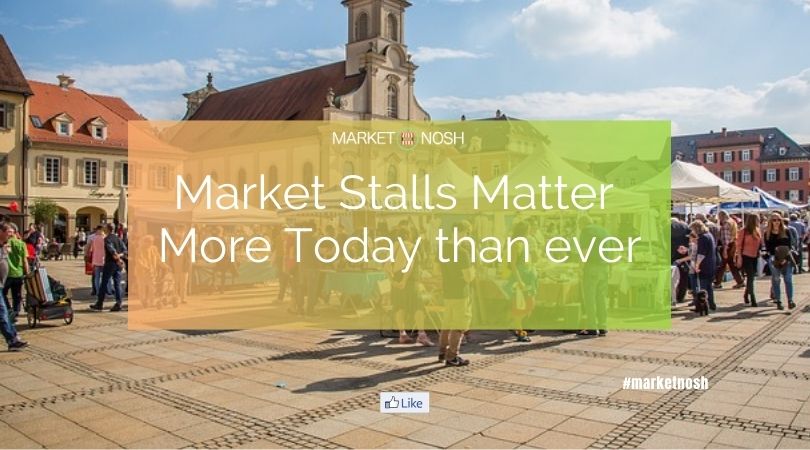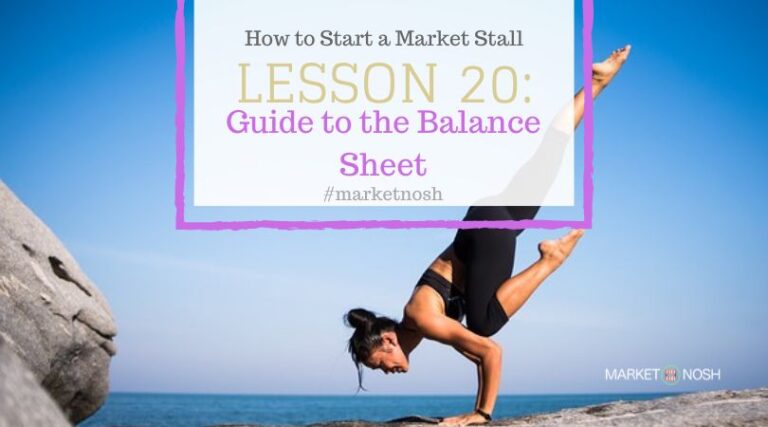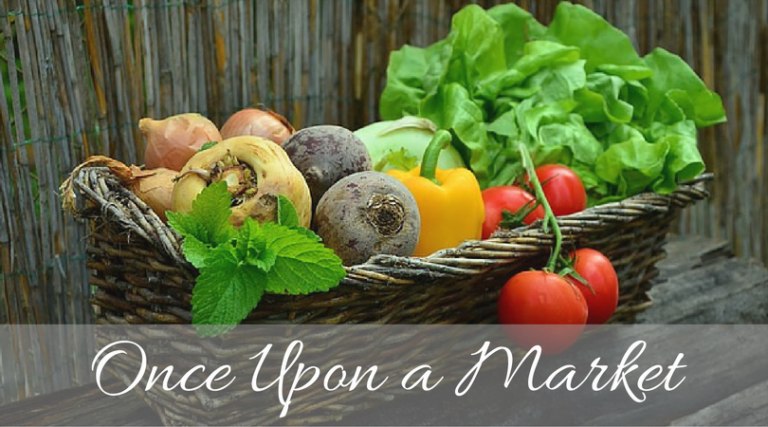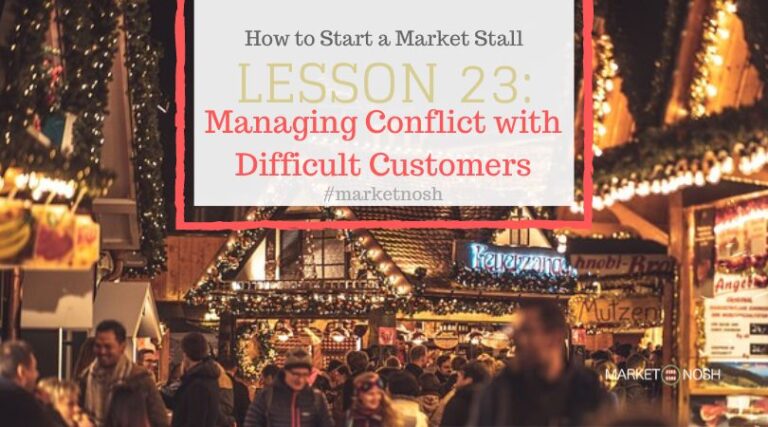Market Stalls Matter more today than ever
Market stalls are vibrant lifelines that weave together the social fabric of our communities, especially in today’s fragmented world. These markets are where humanity comes alive in its most authentic and unfiltered form. They are places where people come together, not just to buy and sell, but to connect, share stories, and experience the richness of our collective culture. In a time where digital interactions often replace face-to-face connections, market stalls offer a refreshing return to genuine human engagement.
Understanding the origin of our food is crucial in an era dominated by industrial agriculture and mass production. At market stalls, you can shake the hand of the farmer who grew your vegetables or the baker who crafted your bread. This direct connection to our food sources instills a deeper appreciation for the effort and care that goes into every product. It reminds us of the roots of our sustenance and the natural processes that nourish us. This knowledge fosters a respect for the environment and a commitment to sustainable practices, aligning perfectly with the growing global movement towards conscious consumption.
Market stalls also embody a profound sense of collective humanity. Here, diverse cultures and traditions converge, creating a melting pot of flavours, crafts, and stories. The market is a stage where life’s drama unfolds, from animated bargaining to shared laughter over a home cooked meal. It’s a place where barriers dissolve and people from all walks of life interact on equal footing. This inclusivity strengthens our social bonds and enriches our understanding of different perspectives. In a world that often feels divided, market stalls remind us of our shared human experience.
In essence, market stalls are more than just places to shop; they are vital communal spaces that nurture our social, environmental, and cultural well-being. They offer a tangible connection to the origins of our food, a platform for genuine human interaction, and a celebration of our diverse yet interconnected humanity. As Anthony Bourdain would say, they are places where you can taste the world, one bite at a time, and feel the pulse of life in every transaction. Today, more than ever, we need these vibrant marketplaces to remind us of what truly matters.
Heading to the Market
Picture this: a bustling market on a Saturday morning, the air thick with the scent of fresh bread, ripe fruits, and sizzling street food. The hum of conversation, the bright colours of produce, and joyful interactions between vendors and customers creating the vibrant tapestry of life.
This is the heart of the market stall, a place where society comes together in a way that’s sustainable, inclusive, and deeply connected to tradition.
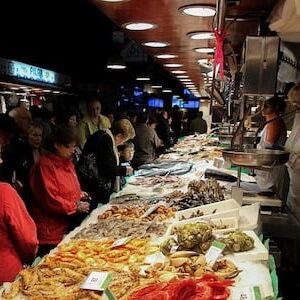

At the core of any good market is a commitment to sustainability. Unlike the impersonal aisles of big supermarkets, market stalls offer a direct line from farm to our table. This reduces our carbon footprint associated with transporting goods long distances. Farmers’ markets, in particular, emphasise local produce. This means fewer food miles and fresher products. It’s a win for the environment and a win for our taste buds.
Market stalls also encourage sustainable practices among vendors and customers alike. Vendors often prioritise organic farming methods and reduce waste by offering products with minimal packaging. Customers, on the other hand, can buy only what they need, which helps cut down on food waste. The emphasis on seasonal produce means that what we’re buying is not only fresh but also aligned with the natural growing cycles, promoting a healthier ecosystem. We are in tune with nature.
It's about Community
Walk through any market and you’ll see familiar faces, hear shared stories, and feel a sense of belonging. Market stalls are more than just places to buy goods; they are social hubs where relationships are built. Regulars exchange recipes, vendors remember their customers’ preferences, and new friendships blossom over shared interests. This community spirit is essential in an age where digital interactions often replace face-to-face conversations.
Markets also act as platforms for local events and activities, from cooking demonstrations to cultural festivals. These events strengthen community bonds and provide entertainment and education. They create a space where everyone, regardless of background, can come together and celebrate their common humanity.

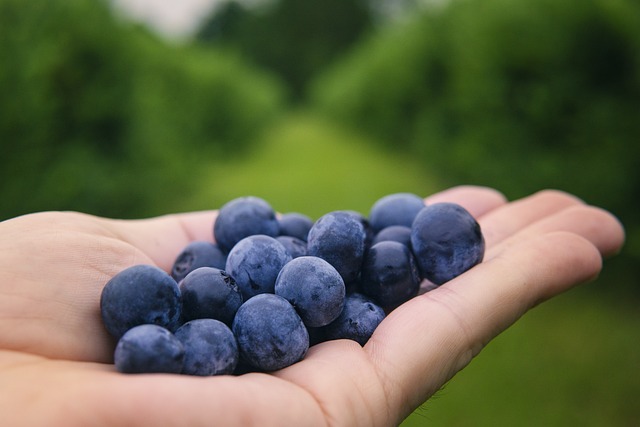
There’s also something profoundly reassuring about knowing where our food comes from. Market stalls excel at offering organic produce that’s free from harmful pesticides and genetically modified organisms (GMOs). This is crucial for those of us who are mindful of what we put into our bodies.
Organic farming practices are not just good for consumers; they’re beneficial for the planet too. By avoiding synthetic chemicals, organic farmers help maintain healthier soil and water systems. This leads to richer biodiversity and more resilient ecosystems. So when we buy organic at a market stall, we’re not just making a healthier choice for ourselves; we’re also contributing to the well-being of the environment.
It's Cultural Arts and Creativity
Market stalls are a haven for artisans and crafters. From handmade jewellery to unique pottery, the goods found here are a testament to human creativity and craftsmanship. Unlike mass-produced items, these products have a story and a soul. They reflect the passion and skill of their makers, offering something truly special to the buyer.
Supporting local artisans means supporting the preservation of traditional crafts and techniques. It’s a way of ensuring that these skills are passed down through generations, keeping cultural heritage alive. For the vendors, it’s an opportunity to showcase their talents and make a living doing what they love. For customers, it’s a chance to own a piece of that creativity and to appreciate the beauty of handcrafted goods.

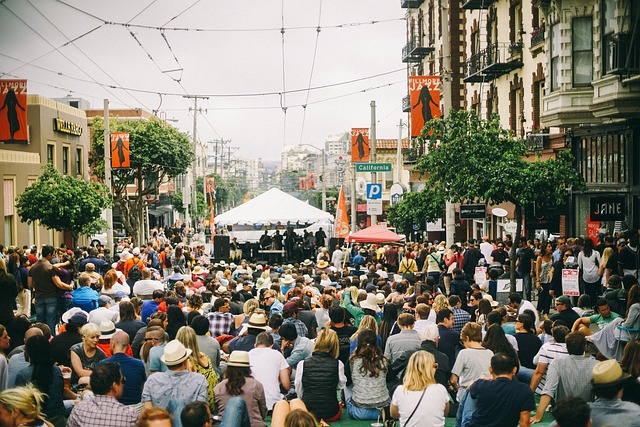
Markets are inherently inclusive spaces too. They welcome everyone, from all walks of life. We’ll find people of different ages, ethnicities, and socio-economic backgrounds coming together in the shared pursuit of good food and unique products. This inclusivity fosters a sense of unity and mutual respect. It opens the world up to us and makes it a real place to live.
Vendors often represent a microcosm of the world, with stalls offering goods from various cultures and traditions. This diversity enriches the market experience and allows customers to explore and appreciate different heritages. It gritty and real and it’s what makes us human.
It's Simply Delicious
One of the greatest joys of market stalls is the rich culinary experiences they offer. From exotic spices to freshly baked bread, the variety of food available is astounding. Street food vendors bring flavours from around the world, turning markets into global culinary adventures. Whether it’s a piping hot empanada from a Latin American stall or a delicate French pastry, there’s something to tantalise every palate.
These markets also support local farmers and food producers, ensuring that the food is not only delicious but also fresh and sustainably sourced. By buying directly from the producers, customers can learn about the origins of their food and the people who made it. This connection adds depth to the eating experience, making it not just about nourishment but about community and culture.
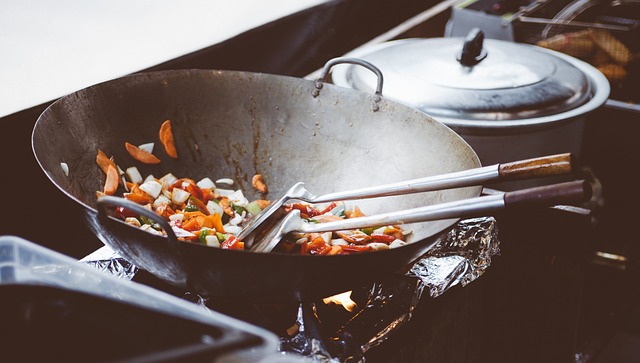
Be Apart of the World
In the end, market stalls are far more than just places to shop. They are vibrant, inclusive spaces that foster sustainability, community spirit, and cultural exchange. They offer organic food, celebrate craftsmanship, and provide rich culinary experiences that bring people together. In a world that often feels fragmented and impersonal, markets remind us of our shared humanity and the simple joys of connecting with others.
So next time you visit a market stall, take a moment to appreciate all it has to offer. Enjoy the fresh produce, admire the craftsmanship, savour the flavours, and most importantly, engage with the people. Because it’s in these interactions that the true magic of the market lies.

